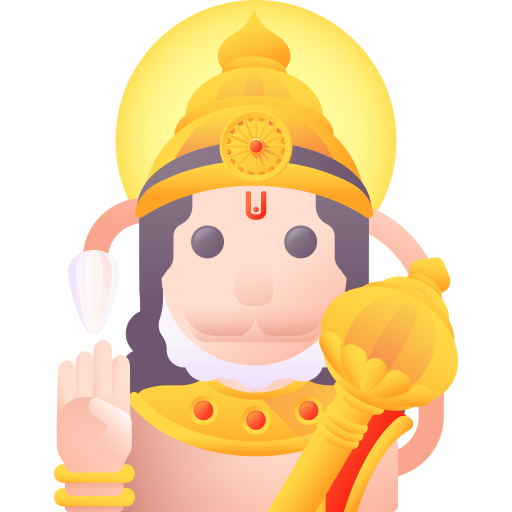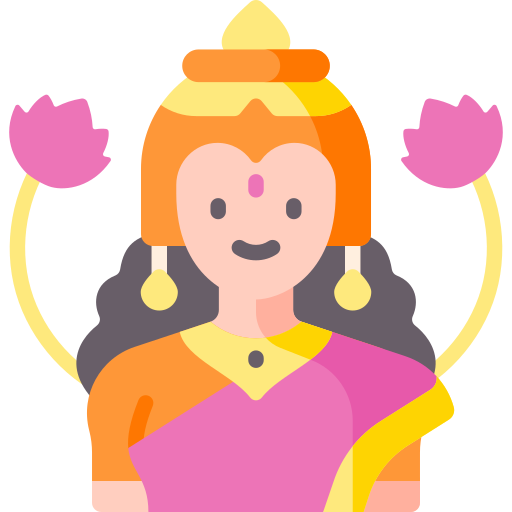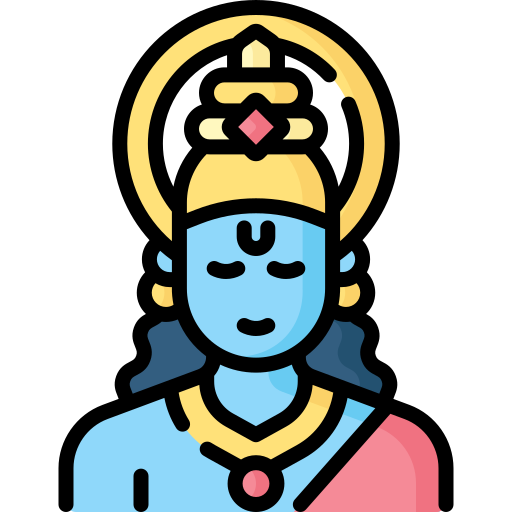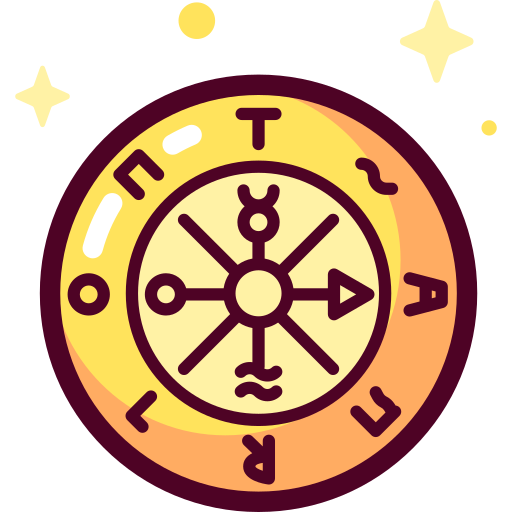
















When Ramnavami Aarti Ushers in Divine Grace and Blessings: Invoking the Presence of the Divine in Hearts, Minds, and Souls
Ramnavami, the sacred festival honoring the birth of Lord Rama, holds immense significance in Hindu culture and tradition. On this auspicious day, devotees across the world come together to celebrate the divine incarnation of Lord Rama and seek his blessings for peace, prosperity, and protection. One of the essential rituals associated with Ramnavami is the chanting of aarti, which serves to invoke the presence of the divine in the hearts, minds, and souls of the faithful. In this blog post, we delve into the profound significance of Ramnavami aarti and how it ushers in divine grace and blessings, bringing devotees closer to the divine presence of Lord Rama.
Key Takeaways
Here are the key takeaways:
Ramnavami
A Celebration of Divine Birth Ramnavami is a significant Hindu festival celebrated with great fervor and devotion to honor the birth of Lord Rama, the seventh incarnation of Lord Vishnu. According to Hindu mythology, Lord Rama was born to King Dasharatha and Queen Kaushalya in Ayodhya on the ninth day of Chaitra month, which is commemorated as Ramnavami. The birth of Lord Rama symbolizes the victory of good over evil, righteousness over wickedness, and the restoration of dharma (righteousness) in the world. The celebration of Ramnavami is marked by various rituals, prayers, bhajans, and spiritual discourses that highlight the exemplary life and virtues of Lord Rama. Devotees observe fasts, visit temples, and engage in acts of seva (service) as a way of seeking blessings and divine grace on this auspicious day. One of the central components of Ramnavami celebrations is the recitation of aarti, a devotional ritual that involves offering light, incense, and prayers to the deity. The Significance of Aarti in Invoking Divine Grace Aarti is a traditional Hindu ritual of worship that involves the offering of light (usually in the form of a ghee lamp or candles), incense, flowers, water, and food to a deity as a gesture of reverence and adoration. The act of performing aarti is considered a sacred offering to the divine, symbolizing the devotee's gratitude, devotion, and surrender to the higher power. The rhythmic waving of the lighted lamp during aarti is believed to dispel darkness, ignorance, and negative energies, while illuminating the path of spiritual awakening and inner transformation. On the occasion of Ramnavami, the performance of aarti takes on special significance as devotees gather together to invoke the divine presence of Lord Rama in their hearts, minds, and souls. The melodious chanting of aarti mantras, the sweet fragrance of incense, and the flickering glow of the lamp create an atmosphere of reverence and sanctity, inviting the blessings and grace of the divine into the sacred space. Symbolism and Rituals of Ramnavami Aarti The ritual of aarti is laden with symbolic significance that conveys profound spiritual truths and mystical insights. The lighted lamp symbolizes the presence of the divine light within and without, illuminating the path of righteousness, wisdom, and inner peace. The fragrance of incense represents the purity of heart and mind needed to attune to the divine vibrations and energies. The rhythmic waving of the lamp during aarti signifies the dispelling of ignorance and the awakening of spiritual consciousness. During Ramnavami aarti, devotees offer their heartfelt prayers, bhajans, and mantras to Lord Rama, seeking his blessings for protection, guidance, and grace. The collective chanting of aarti mantras creates a harmonious vibration that resonates with the universal energy field, invoking the divine presence of Lord Rama and inviting his benevolent grace into the hearts of the devotees. The rituals of aarti serve as a potent medium through which devotees can connect with the transcendent reality of the divine and experience a sense of oneness and unity with the cosmic consciousness. Divine Grace and Blessings Through Ramnavami Aarti The observance of Ramnavami aarti is believed to invoke the divine grace and blessings of Lord Rama, ushering in a sense of peace, joy, and fulfillment in the lives of devotees. By immersing themselves in the devotional atmosphere of aarti, devotees experience a deepening of their spiritual connection with the divine, fostering a sense of inner harmony and well-being. The divine grace that emanates from the performance of aarti is said to purify the mind, elevate the spirit, and bestow divine blessings upon the devotees. Through the practice of Ramnavami aarti, devotees cultivate a sense of reverence, humility, and devotion towards the divine, fostering a deeper relationship with the sacred presence of Lord Rama. The act of offering aarti is considered a selfless gesture of surrender and gratitude, reflecting the spiritual values of love, compassion, and service. The blessings and grace received through the performance of aarti are believed to protect devotees from negativity, obstacles, and calamities, guiding them on the path of righteousness and spiritual growth.
Deep Insights (FAQ)
Q.(FAQs):
What is the significance of celebrating Ramnavami?
Q.Ramnavami is celebrated to honor the birth of Lord Rama, the embodiment of righteousness and virtue, and to seek his blessings for peace, prosperity, and protection.
Why is aarti performed during Ramnavami celebrations?
Q.Aarti is performed during Ramnavami to invoke the divine presence of Lord Rama, offering prayers, devotion, and gratitude to the deity through the ritualistic offering of light, incense, and prayers.
What are the benefits of participating in Ramnavami aarti?
Q.Participating in Ramnavami aarti allows devotees to experience the divine grace and blessings of Lord Rama, fostering a deeper spiritual connection, inner peace, and divine protection.
How does the practice of aarti foster spiritual growth and transformation?
Q.The practice of aarti fosters spiritual growth and transformation by purifying the mind, elevating the spirit, and cultivating a sense of devotion, humility, and surrender to the divine.
Can anyone participate in Ramnavami aarti, regardless of their background or beliefs?
"Ramnavami aarti stands as a sacred ritual that ushers in divine grace and blessings, inviting the presence of Lord Rama into the hearts, minds, and souls of devotees. Through the performance of aarti, devotees experience a deepening of their spiritual connection with the divine, fostering inner peace, joy, and fulfillment. The symbolism, rituals, and transformative power of Ramnavami aarti serve as a potent medium through which devotees can seek the divine blessings of Lord Rama and embark on a journey of spiritual growth and awakening. May the celebration of Ramnavami and the observance of aarti bring divine grace and blessings to all, illuminating the path of righteousness, love, and devotion in the hearts of devotees."
